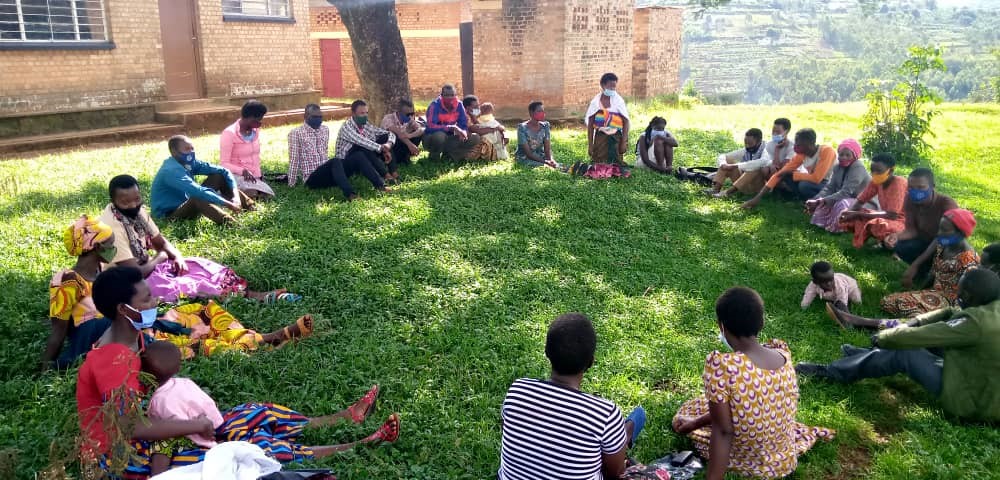
Survivors Fund (SURF) has been awarded a grant of £20,000 from the Allan and Nesta Ferguson Charitable Trust for a new entrepreneurship project, which will supplement our Young Survivors Counselling Project funded by Network for Africa.
The project will address the issue of youth unemployment amongst vulnerable young people who experienced and have been directly affected by the genocide against the Tutsi in Rwanda.
In our baseline survey, 88% of respondents said that their mental state impacted their ability to work. This illustrates why mental health support is so important in helping survivors develop a livelihood. Without a strong sense of well-being, many are unlikely to manage a business effectively.
The one-year Youth Counselling and Entrepreneurship project from January to December 2022 will provide access to counselling, entrepreneurship training and finance, to empower vulnerable youth in the Eastern and Southern Provinces of Rwanda to enable them to develop secure livelihoods and sustainable incomes. In so doing, this will alleviate their poverty and improve their well-being and enable them to better independently support themselves and their households.
SURF has an established entrepreneurship training curriculum and a partnership with the microfinance institution Urwego Bank, which will ensure a tailored approach to equip participants with the skills necessary to start up successful small businesses, including on market research, financial management, sales and marketing – as well as support to develop a business plan and to apply and management repayments of a start-up loan.
This training will be integrated with ongoing mental health support delivered through fortnightly counselling groups led by expert counsellors, who will have access to clinical supervision. This will be supported by outreach led by Peer Support Counsellors between group meetings.
SURF’s prior work in the field has evidenced that psycho-social support plays a critical role in ensuring stability and future life success for this group. By improving their mental health, it enables the youth to better engage in skills training, which is vital to develop a livelihood for income-generation.
120 vulnerable young persons will participate in the fortnightly half-day counselling groups over the course of the year of the project, all of which will have experienced or have been directly affected by the genocide against the Tutsi in Rwanda. From that group, 60 people will participate in the entrepreneurship training over the course of the year – which will be more intensive, with two days training each month.
As such, there will be 120 direct beneficiaries of the project. On average, each participant has four other people in their household, in most cases dependents, as they are often the heads-of-households. They will benefit indirectly from the project, both in terms of additional income generated for their household, but also from the improved mental health knowledge and business skills which will be conveyed to them. As such, there will be 480 indirect beneficiaries of the project.
Participants in the project not only benefit from and apply that learning in their new ventures, but also leverage the knowledge to bolster their income from small household livestock and livelihood projects (such as selling surplus farmed produce). The project builds the confidence and the self-esteem of the participants too, and results in marked increase in rates of household income and saving.
We look forward to report on our progress with it ahead.
